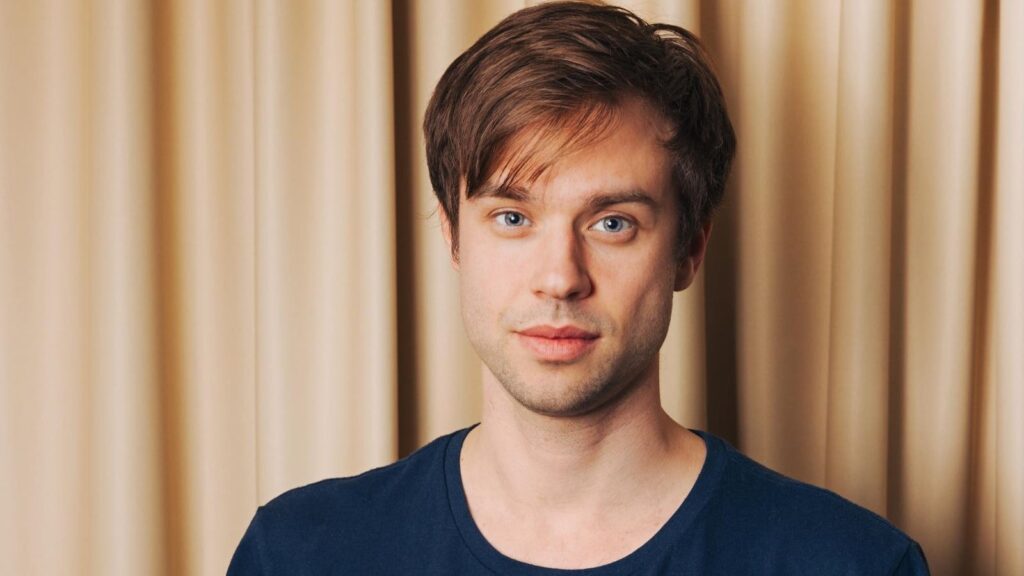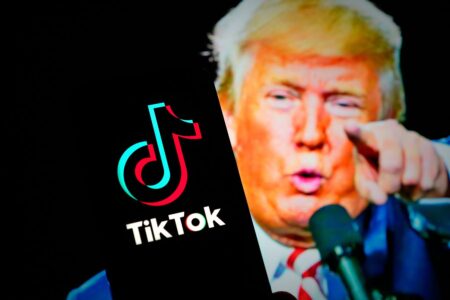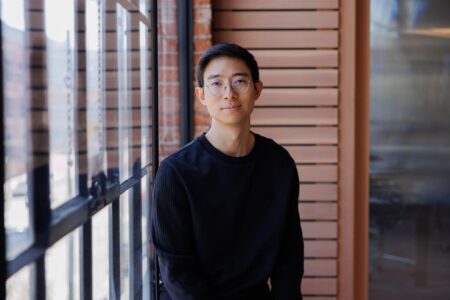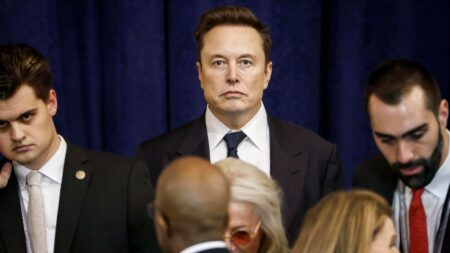Lovable’s founder and CEO Anton Osika likes to quip that building his ‘vibe coding’ startup in Europe is like playing a game on “hard mode.” But that hasn’t stopped him from scoring some early wins. The two-year-old AI startup just raised $200 million at a $1.8 billion valuation in Sweden’s largest-ever Series A round.
That mints Stockholm-based Lovable as Sweden’s latest unicorn, joining a roster that includes fintech Klarna, music streaming giant Spotify and Candy Crush developer King. The deal comes as investor interest in AI code writing startups is running at fever pitch after Google spoiled OpenAI’s takeover of Windsurf by poaching key execs in a $2.4 billion deal announced this week, with the rump of the company bought by rival Cognition.
Lovable and its American competitors Replit and StackBlitz have themselves seen huge growth over the last year by focusing on a potentially much larger pool of users who can’t code. These ‘AI builder’ tools tap the coding and reasoning power of large language models to turn simple written instructions into websites and apps in minutes. “Our mission is to enable anyone to build,” Lovable cofounder and CEO Osika told Forbes.
That’s caught the attention of established design rivals like Figma and Squarespace who have built their own code-writing tools, while Nasdaq-listed Wix dropped $80 million in June to buy startup Base44. Now, Osika has reinforcement from some investors with deep pockets in the form of lead VC Accel and earlier backers like 20VC, byFounders, Creandum, Hummingbird and Visionaries Club, who joined the round. “Lovable is for the 99% of folks that have not had access to this ability to build before,” said Accel partner Ben Fletcher. Accel also invested in a $900 million round for San Francisco-based developer coding tool Cursor last month.
Osika said that the $200 million investment would help Lovable grow its 45-person team and build out its product to support users working on more complex apps and websites. The startup is also pushing to work with inhouse teams at large companies and has already landed deals with Klarna, Salesforce-rival Hubspot and French photo editing startup Photoroom.
Those enterprises are likely to have more exacting standards when it comes to security than coding neophytes. Semafor reported earlier this year that Lovable’s AI had created apps with security vulnerabilities that exposed user data. Lovable disputed that its AI was responsible for the leak but has since stepped up security checks. “Over the past few months we have shipped several improvements to ensure that system reviews for security problems,” said Osika. “We need to get to a place where it requires extreme negligence by not listening to Lovable to create something that’s not secure.”
The round sees the two-year-old company, which had previously raised only $22.5 million, outpace its main American rivals on fundraising. Replit raised $97 million in 2023, and StackBlitz, which runs code tool Bolt, was reported in January to be in talks to raise $80 million at a $700 million valuation. Bloomberg previously reported that Lovable was in talks with investors last month.
Lovable is now also the largest of a cluster of new AI startups emerging from the Swedish capital. Forbes reported in May that legal AI startup Legora raised $80 million, while AI agent company Sana raised a $55 million round in October 2024. Lovable has also been backed by Klarna cofounder Sebastian Siemiatkowski’s venture fund Flat Capital and other European tech billionaires like Revolut’s Nik Storonsky, Supercell CEO Ilkka Paananen and Datadog’s Olivier Pomel also invested in this round.
Osika credits Lovable’s growth to the raw pool of AI talent that has emerged from Sweden’s older cohort of unicorns and this new field of AI-focused startups. The Lovable cofounder himself had previously worked at Sana and another Stockholm-based AI company.
Despite Sweden’s growing tech scene, Europe has lagged behind the United States and China in building large language models, and San Francisco has remerged as the capital of the startup world. But Osika thinks his hometown could give him an edge. “The average ambition level in Europe is much lower than the U.S but if we can ignite we have more of the raw fuel to build a generational company,” says Osika.
More on Forbes
Read the full article here

















